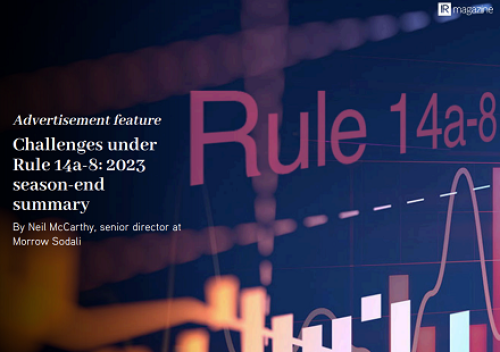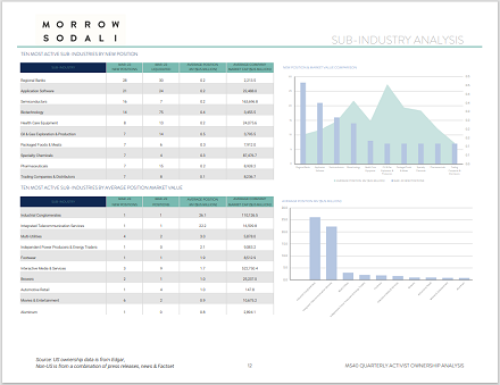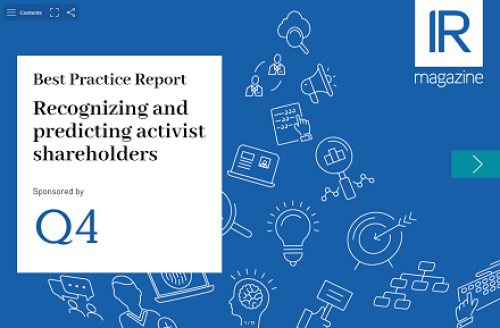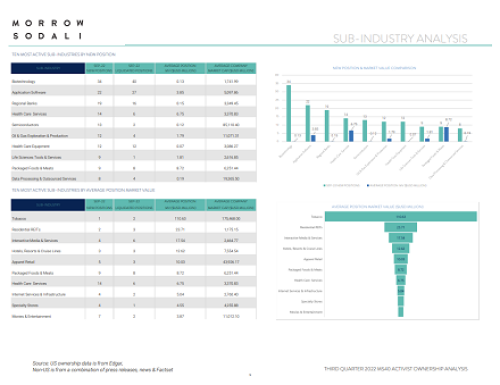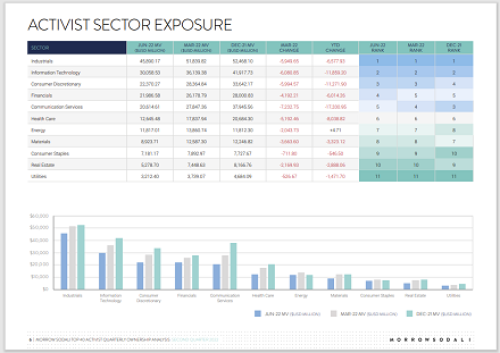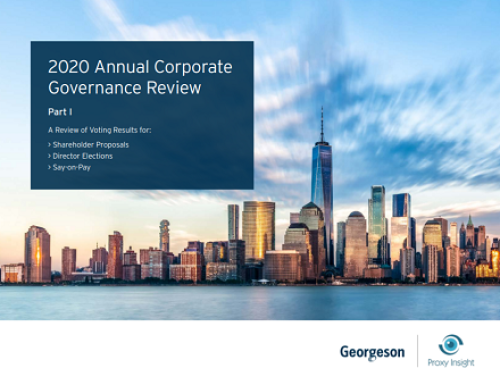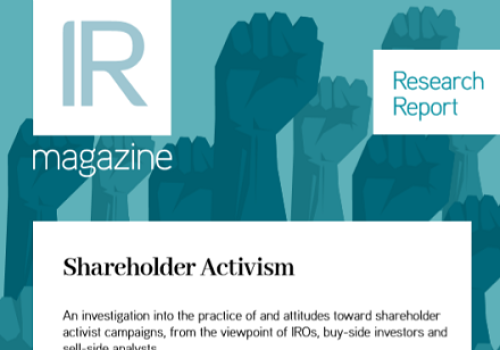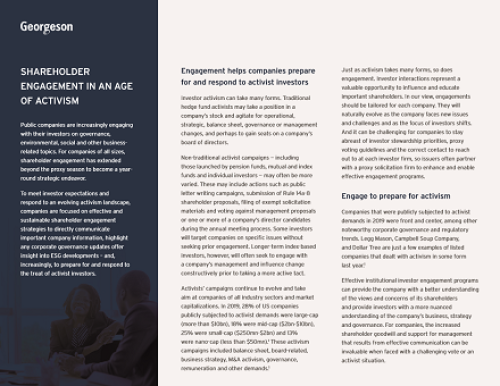Spring and early summer is the time of year when most listed companies’ shareholder meetings take place, where matters as diverse as board appointments, executive pay, proposed capital increases or debt issues are put to investors for approval. For many, it’s a busy and expensive time of year.
This is the time when headlines in the financial press are dominated by the recommendations of proxy advisers. In one way or another, these seem to draw a line between right and wrong in corporate governance. This trend has intensified with the emergence of ESG issues at shareholder meetings, as companies have largely avoided a confrontation with proxy advisers’ recommendations – until now.
Shareholder voting and support for company actions is, in theory, the cornerstone of corporate governance. In practice, very few shareholders vote directly. Fund managers, rather than individual shareholders, hold the largest number of shares. Their clients usually cede power to the fund managers to vote on their behalf when they sign a management contract.
The growth of these institutional funds means a very high percentage of shares is concentrated in the hands of very few players, who can swing the approval of various items one way or the other. For fund managers, the cost of processing and analyzing all the proposals is enormous, while they charge ever-lower fees to retain their clients. For any smaller players, the costs quickly become prohibitively expensive.
There is also the logistical problem of thousands of companies holding their meetings almost simultaneously in a short space of time. Investment funds therefore outsource these services to reduce costs in terms of time and money, often voting according to the recommendations of proxy advisers.
The world of proxy advisers is a duopoly dominated by ISS and Glass Lewis, which between them account for more than 90 percent of the market. These companies issue two types of reports: before the start of proxy season, they publish general voting direction guidelines, with very flexible and largely discretionary criteria, for each issue discussed; they also produce individualized payout reports on the specific proposals of each company holding a shareholder meeting.
These reports are bought by the institutional investors who vote at these meetings. The two largest proxy firms advise investors, but they also work for the companies they analyze, with reports on how to better engage with their shareholders or studies on best practices in corporate governance. These firms seek to maximize their revenues, an objective that crucially differs from maximizing the value of the companies on which they provide an opinion.
US regulation allows shareholders with an investment as small as $2,000 held over three years to put proposals on the agenda of board meetings. This has fueled shareholder activism on environmental, equality and diversity issues. The fact that these proposals are often favored by proxy advisers has triggered accusations that they seek to impose a political agenda on companies, increasing their costs and sacrificing growth and profitability, to the detriment of their shareholders. Company executives or fund managers can be sued if their actions contradict the interests of investors – proxy advisers cannot.
Another controversial aspect is the level of resources proxy advisers have with which to analyze the information they handle. Glass Lewis describes on its website that it has just over 350 employees worldwide, despite working for 1,300 companies and holding around 30,000 meetings a year in 100 different markets. ISS advises on more than 48,000 shareholder meetings. While both have published their own code of ethics to regulate and avoid conflicts of interest, there is a relative lack of transparency compared with the requirements for listed companies.
In contrast to other services listed companies receive – such as auditing or rating agencies – the voting advisory services investors receive are largely unregulated, despite their enormous influence. Regulators have tried – unsuccessfully – over the past 20 years to supervise them more strictly. This has recently been rejected by the courts in the US, as complaints grow about material errors in the information and analysis provided.
Proxy advisers are also not required to inform companies simultaneously with their clients about their recommendations, nor to publish analyses or reports demonstrating that their recommendations help maximize companies’ financial returns. While this is not the main obligation of proxy advisers, it is the primary fiduciary duty of the investment funds that engage them.
This bonanza of proxy advisers is beginning to be questioned. On one hand, passively managed funds that simply replicate the composition of indices have grown exponentially over the last 15 years. Giants such as BlackRock, Vanguard and State Street have their own departments to analyze companies’ proposals and corporate governance, before making their recommendations public. It is likely that smaller managers will follow the recommendations of larger investors rather than those of an adviser.
On the other hand, companies are becoming more vocal in opposing some of the proposals they receive, even if they have the support of proxy advisers. Exxon has just had a judge reject a petition from a small management company and an activist group calling for a drastic reduction in its CO2 emissions, which would alter the nature of its business. Exxon is now demanding that the high legal costs be borne by these funds. A judge finally rejected Exxon’s demand but the move is likely to discourage further such initiatives.
Ricardo Jiménez Hernández is an IR strategic adviser and commentator and the former award-winning director of IR at Ferrovial from its IPO in 1999 until 2020. He also sits on the IR Magazine editorial board.

